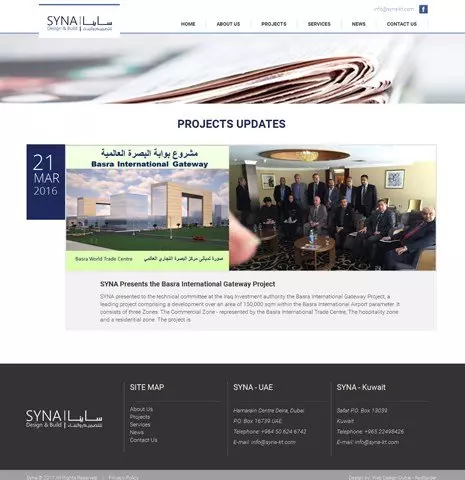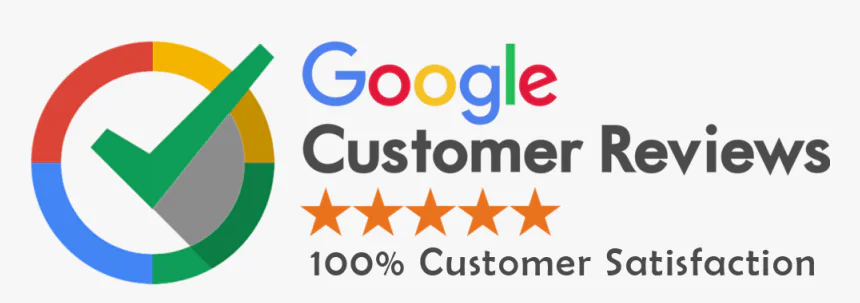A website is not just an online presence anymore. It is a powerful communication tool, business hub, learning center, or digital storefront. But not all websites are created equal. Each type of website has its own needs, challenges, and expectations. Whether it’s a site for a business, school, store, or portfolio, the plan must match its purpose.
Start with Knowing Your Audience
Before designing any website, first ask: Who will visit this site? Knowing your audience helps you make better choices about:
- Design style
- Content tone
- Navigation flow
- Features and layout
For example:
- A corporate website should look professional and trustworthy.
- A kids’ learning website should be fun, colorful, and easy to use.
- A tech blog can use modern design and technical words.
Match Design to the Website Type
Design is more than how it looks. It should support the website’s goals. Here are a few examples:
- E-commerce: Needs product filters, cart, secure checkout, and clear call-to-action buttons.
- Portfolio: Clean layout to show work samples, image galleries, and bio.
- News site: Must show latest headlines, easy categories, and content updates.
Content Should Fit the Website’s Purpose
Content is very important. But the way you write depends on the website type:
- Business website: Use formal tone, focus on services, include contact info.
- Blog: Friendly tone, stories, tips.
- Health or legal site: Clear, expert-approved, and factual language.
Real Examples of Website Genres & Their Features
E-commerce Website
- Product filters and search
- Payment gateway
- Customer reviews
- Order tracking
Educational Website
- Video lessons
- Progress tracker
- Student logins
- Downloadable material
Corporate/Business Website
- Company profile
- Service pages
- Testimonials
- Contact forms
Booking & Reservation Site
- Online calendar
- Real-time booking
- SMS/email confirmation
- Payment integration
News & Media Website
- Latest updates
- Article categories
- Video and audio
- Archives
Portfolio Website
- Work samples
- About page
- Downloadable resume
- Simple navigation
Choose the Right CMS for Each Website
Different content management systems (CMS) serve different needs:
- WordPress: Blogs, small business websites
- Shopify / Magento: E-commerce stores
- Moodle: Education platforms
- Custom code: Advanced web apps or tools
SEO Changes by Website Type
SEO helps people find your site on search engines. But every genre needs a different focus:
- E-commerce: Product keywords, reviews, structured data
- Blogs: Internal links, tags, author bios
- Business sites: Local keywords, Google Business
Don’t Ignore Mobile Users
Most users are on phones. Your website must work well on all devices:
- Online shops: Easy checkout on small screens
- Booking sites: Simple date pickers
- Blogs: Large fonts and fast scroll
Accessibility Matters for Everyone
Make your website usable for people with disabilities:
- Add image alt text
- Use readable fonts
- Add screen reader support
- Use high contrast colors
Especially for:
- Schools
- Government sites
- Health platforms
Optimize Performance Based on Website Type
Some websites need extra speed features:
- E-commerce: Compressed product images, caching
- News sites: Fast load for breaking stories
- Video sites: CDN integration
Keep Your Website Secure
Every site needs protection, but level depends on data use:
- E-commerce: Secure logins, SSL, anti-fraud systems
- Blogs: Anti-spam tools, security plugins
Track and Measure What Matters
Use Google Analytics or similar tools to track user activity:
- E-commerce: Sales and cart behavior
- News sites: Time on page, bounce rate
- Education sites: Quiz results, video views
Support Multiple Languages if Needed
For international users, offer content in their language:
- Add language switcher
- Convert prices and currencies
- Show region-based offers
Use Colors and Fonts That Fit the Genre
Design psychology can increase engagement:
- Red: Urgency or discounts
- Blue: Trust, good for finance
- Green: Calm and health-related
Fonts also matter. Bold for headlines, clean for text.
Final Thoughts
Each website has its own role to play. When you understand your website’s genre, you can make better choices. From layout to content, from security to SEO, everything should be aligned with what your visitors need.
If you’re in Dubai and want expert support, hire a web team that knows your market. This ensures your site not only looks good but also works smart.
Let your website reflect your brand, speak to your audience, and fulfill its true purpose.






